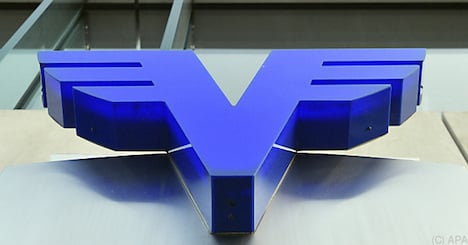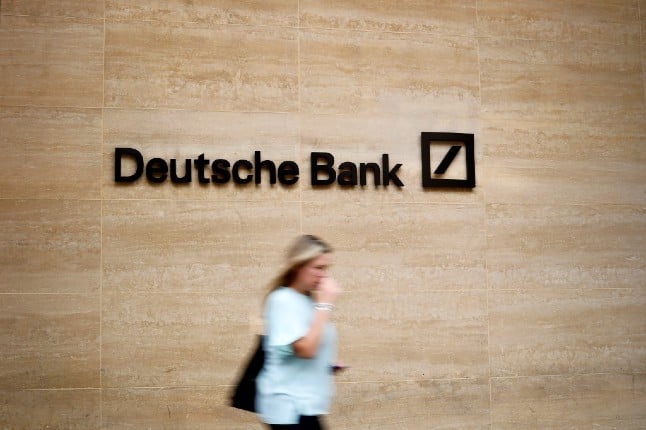Nearly one in five of the 130 banks surveyed failed the stress test, the Wall Street Journal and the Daily Telegraph said, ahead of the publication of the official results by the ECB on Sunday.
The unprecedented health check of eurozone banks comes before the ECB assumes the role of the bloc's banking supervisor next month.
The Frankfurt-based institution takes on its new watchdog role on November 4. It hopes that a "comprehensive assessment" — made up of a so-called asset quality reviews and a "stress test" — will uncover any potentially nasty surprises beforehand.
Citing a draft memo seen by Bloomberg, the Telegraph report said only 10 of the 25 banks which failed the stress tests would be told to raise more cash.
The failing banks were thought to be in Ireland, Italy, Greece and Austria and will have until November 10 to fill in capital shortfalls, the paper reported.
The banks were already given a preliminary indication of their outcome on Thursday.
One of the failing banks is going to be the troubled Austrian lender Volksbanken AG, which the country's Finance Minister Hans Jörg Schelling said was no surprise, as it had already said it would wind itself down.
An ECB spokesman said its results had not yet been finalised and dismissed reports in the meantime as "speculation".
"The results will not be final until they are considered by the Governing Council of the bank on Sunday, after which they will be published. Until that time, any media reports on the outcome of the tests are by their nature highly speculative," he said.



 Please whitelist us to continue reading.
Please whitelist us to continue reading.
Member comments